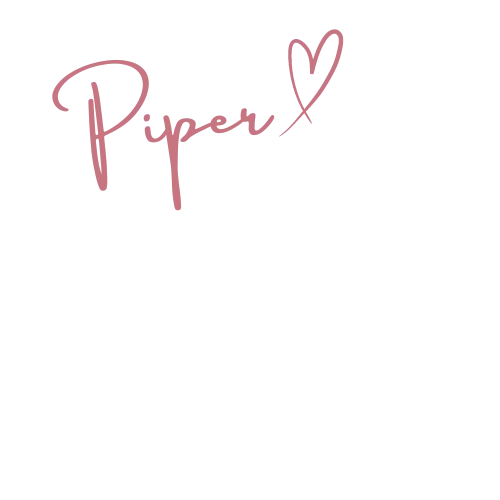Welcome to
The Worth Within™ Blog
A sanctuary for reclaiming your worth, embracing your truth, and reconnecting with your inner power. Here, you'll find insights, wisdom, and inspiration designed for high-achieving women ready to break free from self-doubt, emotional blocks, and inherited patterns.
It’s time to release the beliefs and stories that no longer serve you—some shaped by your past, others passed down through generations.
You are worthy of a life filled with purpose, peace, and unshakable confidence.
Welcome home.
XXX


Journaling for Health and Wellness
The Healing Power of Journaling: How Writing Can Aid in Your Recovery
When your body is sick or injured, the first thing you probably do is seek medical attention—follow a regimen of prescriptions, bed rest, and maybe even physical therapy. But did you know that something as simple as keeping a journal might also aid in your recovery? Research suggests that even healthy individuals who journal regularly report greater well-being and fewer medical issues.
While journaling might not be everyone’s cup of tea, it can be cathartic, insightful, and even fun for many. Whether shared or kept private, journaling can serve as a powerful therapeutic tool. And long after you’ve moved past a challenging time, journaling can continue to support your mental and emotional health.
Writing for Wellness: How It Helps Chronic Conditions
A fascinating study published in the Journal of the American Medical Association found that writing about particularly stressful events can significantly improve the health of patients with chronic conditions like asthma and arthritis.
In the study, participants were divided into two groups: one group wrote about their daily plans, while the other group wrote about their feelings surrounding a stressful event. All participants continued their regular medical treatments and had their conditions evaluated at various intervals—two weeks, two months, and four months. The results? Nearly half (47%) of the patients who wrote about their emotions showed improvement, compared to just 24% of the other group.
Dr. Arthur A. Stone, co-author of the study, notes that while this study didn’t focus on traditional journaling, it highlights the power of emotional writing. "How is this different than journaling? Well, for one thing, we don't know what people write about in their journals or how they write. But if someone journals in an emotional way, attempting to solve problems and providing detailed reactions to their life, it can be very similar to the therapeutic writing we studied."
Another study, published in the Annals of Behavioral Medicine, explored the effects of writing about a traumatic event. Participants either focused on journaling about their emotions related to the event, their emotions and thoughts, or simply wrote factually about daily news. Interestingly, those who wrote solely about emotions reported increased negative symptoms from the trauma, while those who combined thoughts and feelings developed a sense that the event had produced positive effects in their lives.
Getting Started: Making Journaling a Habit
Staring at a blank page can feel intimidating, but the key is to start writing—every day if you can—until it becomes a habit. Books like The Artist's Way: A Spiritual Path to Higher Creativity by Julia Cameron and Writing Down The Bones: Freeing the Writer Within by Natalie Goldberg offer great advice on how to get your emotions and feelings down on paper. If you’re more comfortable with a keyboard than a pen, go ahead and type away. The important thing is to get your thoughts out, regardless of how you do it.
Journaling can be particularly effective for those going through long periods of grief, such as the loss of a loved one. Your journal becomes a safe space—a vessel for emotions you may not be ready to share with others.
Need a little help getting started? Charlene Kingston, of Writing The Journey, suggests some prompts to kick off your journaling:
Who am I? How do I know who I am?
What does it mean to be content?
Do I listen more or talk more? Why?
What does it mean to nurture myself?
Am I comfortable with my feelings? What makes me cry or laugh?
How do I handle stress? Do I welcome challenges?
What is my unique gift to the world?
I’m currently working on a group challenge where journaling is just one part of our self-care plan. Interested? It’s easy to do from home in your PJs! Grab our Peaceful Moments Challenge today!
Resources:
Anderson CM. Writing and Healing: Toward an Informed Practice. 1999.
The Center for Journal Therapy - http://www.journaltherapy.com
Ullrich PM, Lutgendorf SK. Journaling about stressful events: effects of cognitive processing and emotional expression. Ann Behav Med. 2002;24:244-50.
Writing The Journey - http://www.writingthejourney.com
© Essence of Health PLLC 2025. All rights reserved.

